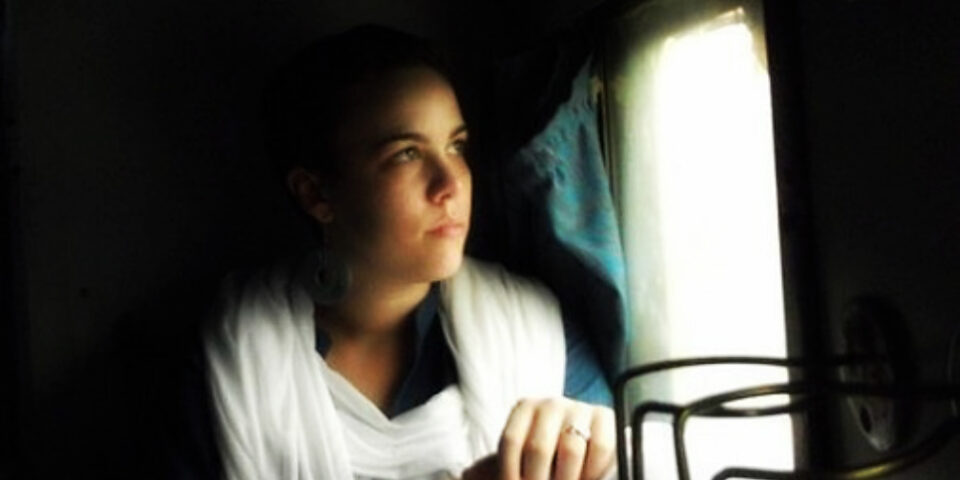In the months before my 8th birthday, as I was preparing to be baptized, I began to have nightmares and panic attacks. During the panic attacks I felt as though I was dying and that after death there would be nothing. In the nightmares, these feelings were confirmed. Because of this, I decided I no longer wished to be baptized. It seemed too terrifying and eternal and I preferred to put it out of my mind. I talked to my bishop about this decision and he told me something I still think about in moments of anxiety and despair. He said that while darkness cannot engulf light, light has the power to eliminate darkness and that he had felt the gift of the Holy Ghost bring more light into his life. After thinking this over, I did decide to be baptized. I still struggled with anxiety at church, but I attended with my family every week and enjoyed feeling connected to ward members and to God.I have always been concerned with fairness and equality. As I grew up, I realized that these simply weren’t ideals I saw reflected in the community and organization of my church. Instead, I began to notice the effects of a sexist institution on the individuals at church. I saw my Young Women’s friends ostracized and bullied because they were perceived as immodest based on what they wore or unrighteous because of speculation about their private choices concerning their bodies and sexuality. Meanwhile, the young men who made unorthodox decisions about their clothes, haircuts, sexuality and church attendance were a topic of sincere concern. I heard stories of priesthood leaders standing up for the boys in the ward who didn’t fit into the Church’s conservative cultural mold. And while I did and still do support that, I wondered why no one stood up for my right to live as I chose and still be a valued member of the Church. Instead of hearing stories about my brave leaders standing up for the girls who were being bullied, occasionally by ward leaders themselves, I heard that I needed to be careful how I dressed to avoid corrupting the young men whose participation, unlike mine, was necessary for the Church to continue.Despite all of this darkness, I have tried to maintain ties with the Church. I still believe that by sharing my light I have the power to eliminate some of the darkness around me. I have stayed and I have fought for women to be ordained because I want my church to see me as equally valuable as the young men I grew up with. I want to be able to share my beliefs and my membership with others without feeling ashamed of the attitudes my membership implies. I want to someday share my cultural heritage with my children, knowing that they will be safe and nurtured within it. I want to see my mother, sisters, grandmothers and great-grandmother treated with greater respect. I want the rituals and organization of the Church to reflect the fundamental truth that women exist in the universe and are born into this world with equal power and potential as men. For all of these reasons, for all of this darkness and struggle, but most of all for the light I know women could bring as full members of our church, I believe women should be ordained.







